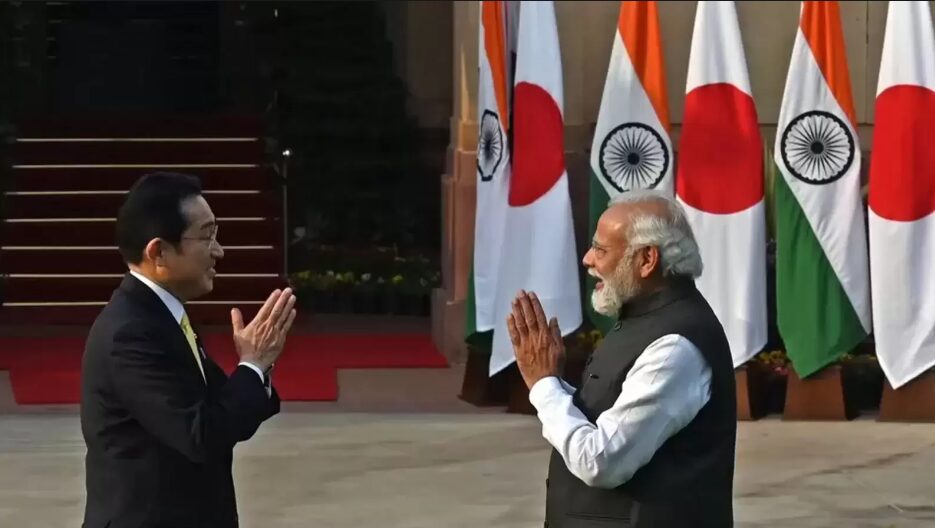Japan has once again set a record with its 2024 defense budget, reaching 7.95 trillion yen (approximately $55.9 billion), marking a 16.5% increase from the previous year. This budget is part of a broader strategy under Japan’s Defense Buildup Program, which aims to bolster its military capabilities over five years. Notably, the budget brings Japan closer to its target of spending 2% of GDP on defense, aligning it more closely with NATO standards.
A significant portion of this budget is earmarked for cutting-edge technology. Japan is focusing on enhancing its drone fleet, developing advanced missile defense systems, and strengthening its cyber and space defense capabilities. The budget includes $2.6 billion for constructing two Aegis system-equipped vessels to enhance maritime defense, and substantial investments in long-range missiles and unmanned assets.
This development reflects Japan’s growing concern over regional security threats, particularly from China, North Korea, and Russia. As Japan enhances its defense posture, this could have several implications for India-Japan relations.
For India, Japan’s increased military spending and technological advancements are likely to be viewed positively, as both nations share concerns over China’s assertiveness in the Indo-Pacific region. The deepening of Japan’s defense capabilities may pave the way for stronger defense cooperation between India and Japan, particularly in areas like maritime security, cyber defense, and joint technological developments. As Japan moves towards its 2% GDP defense spending goal, the collaboration between the two countries could become more robust, contributing to a more secure Indo-Pacific region.
Moreover, Japan’s emphasis on new technologies such as drones and cybersecurity aligns well with India’s defense modernization efforts. This parallel focus could foster joint ventures, technology transfers, and deeper strategic ties between the two nations, further strengthening their bilateral relationship in an increasingly volatile global security environment.
